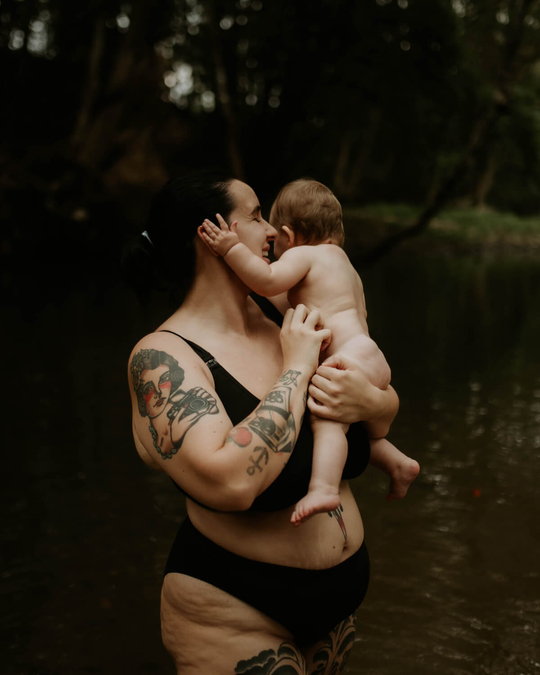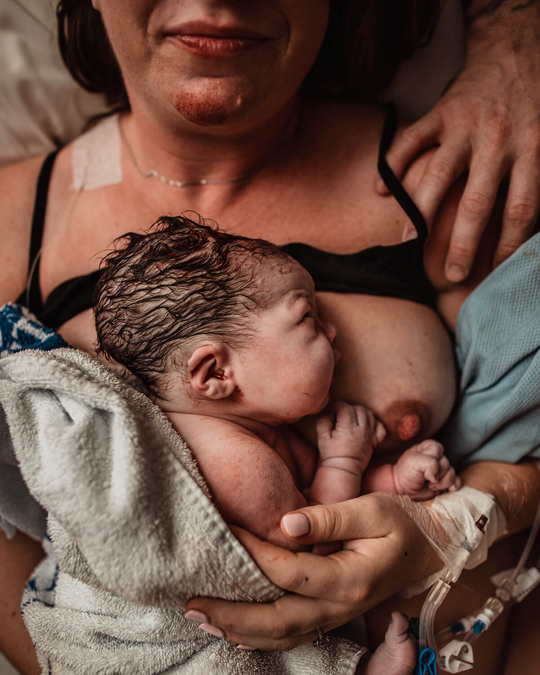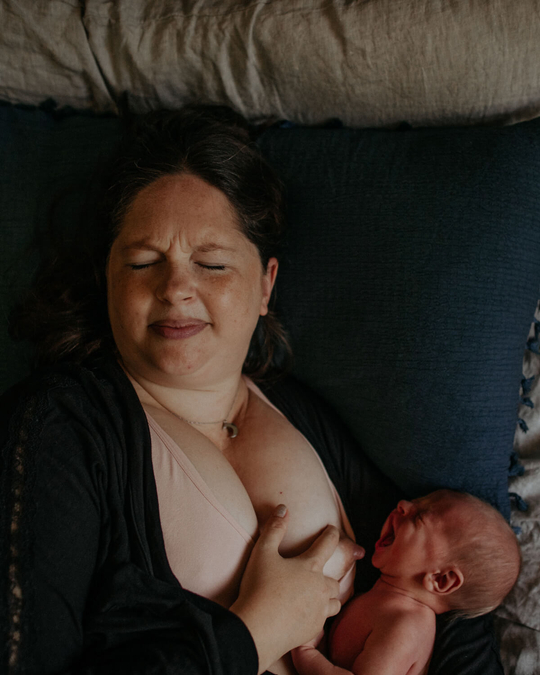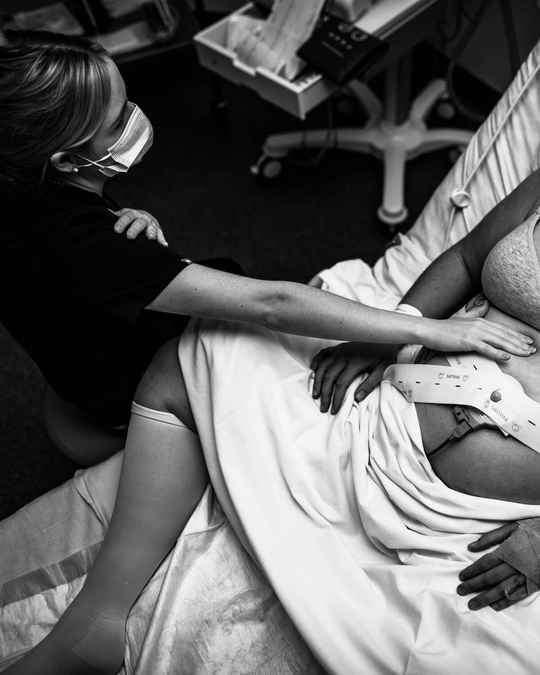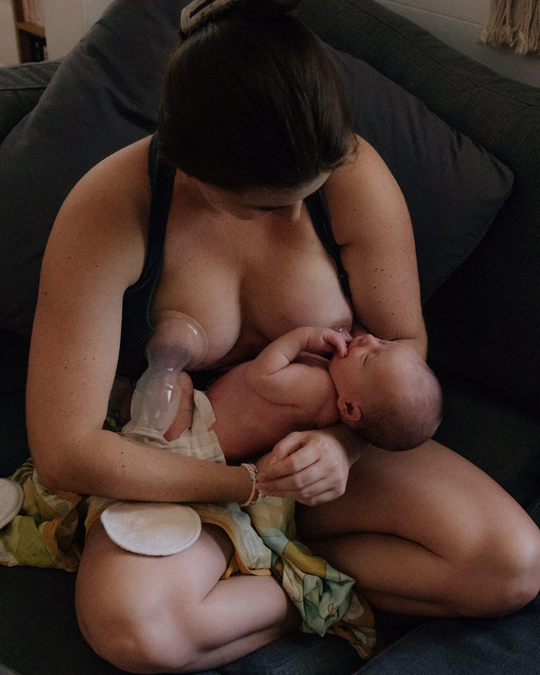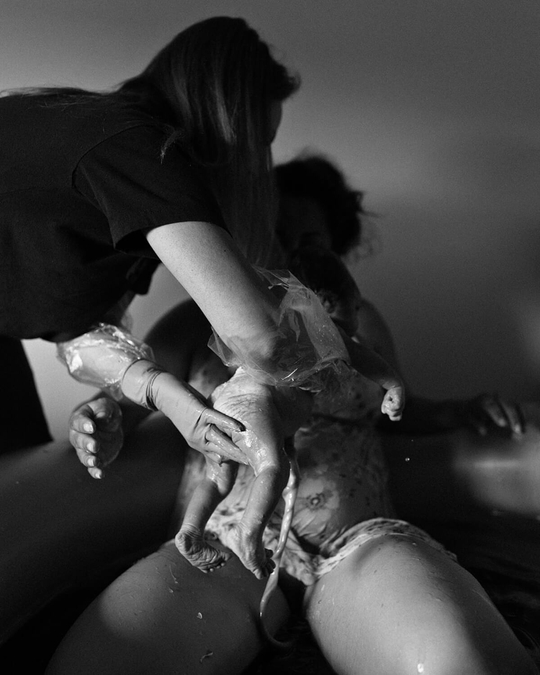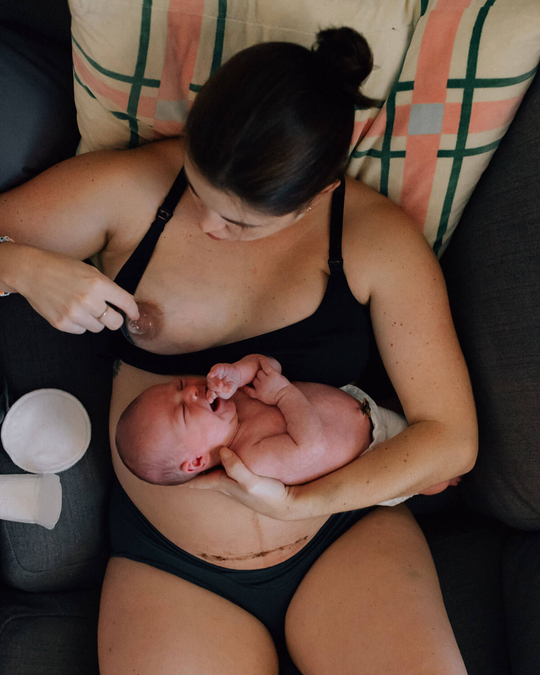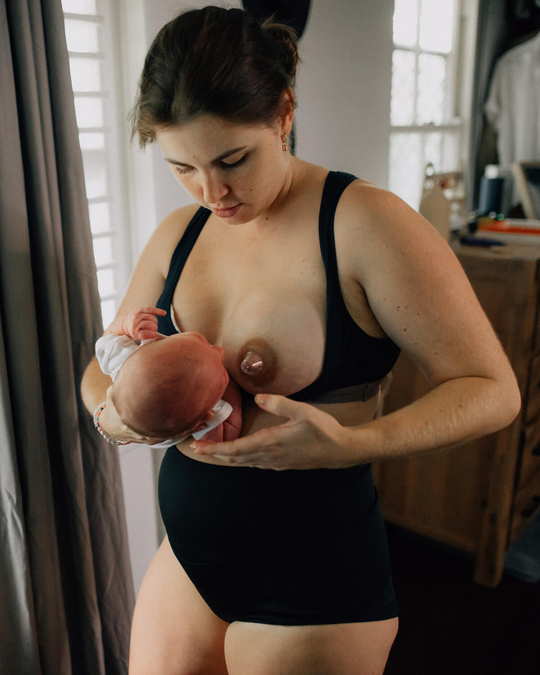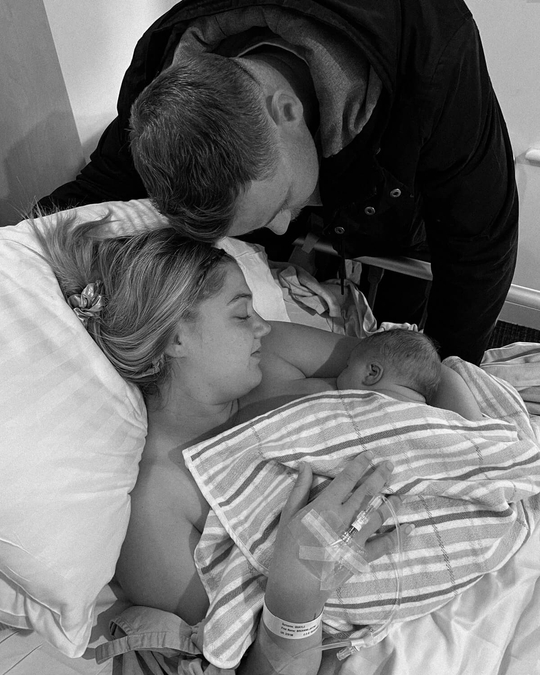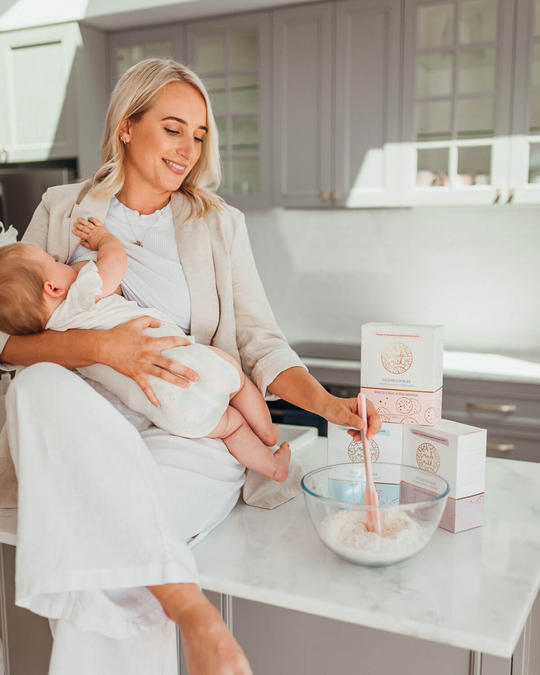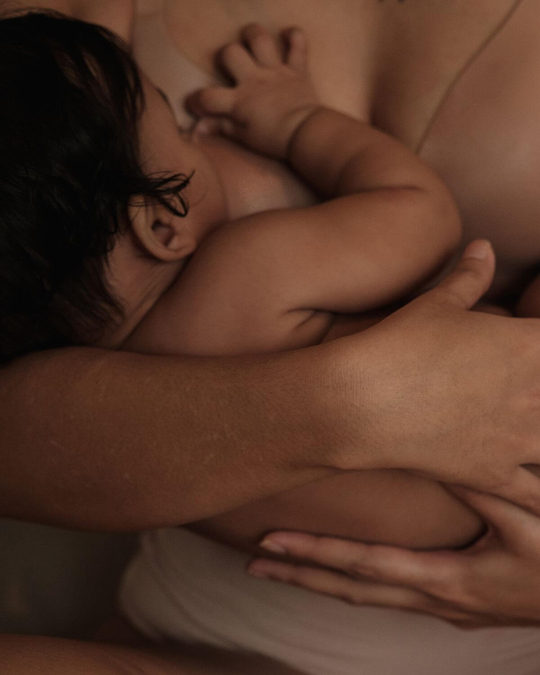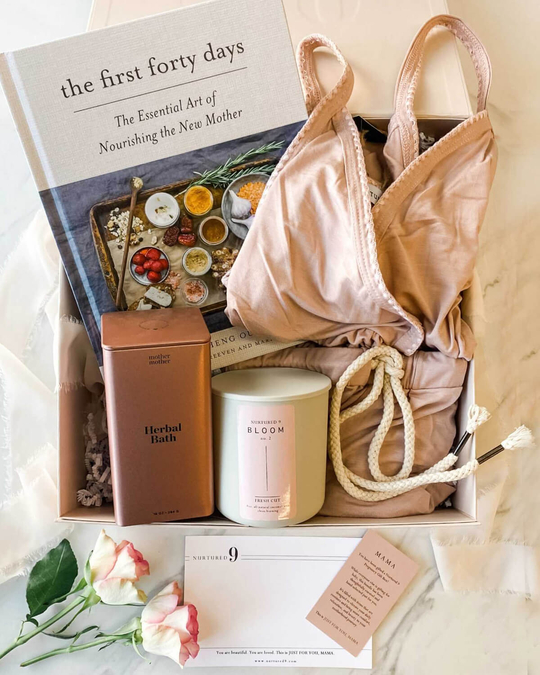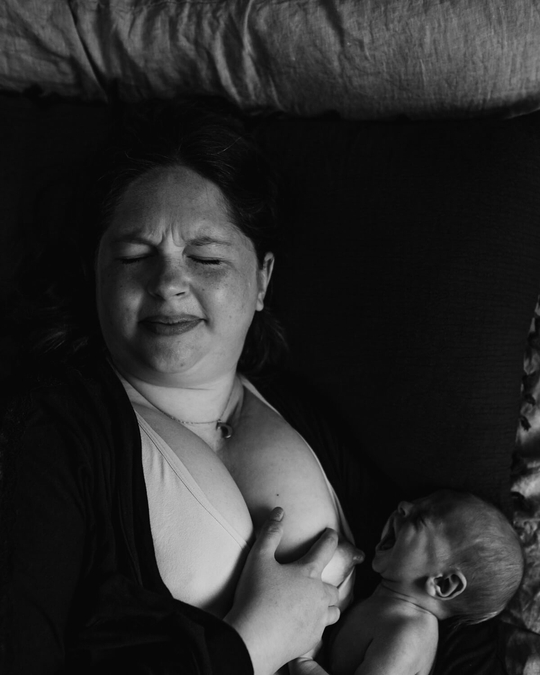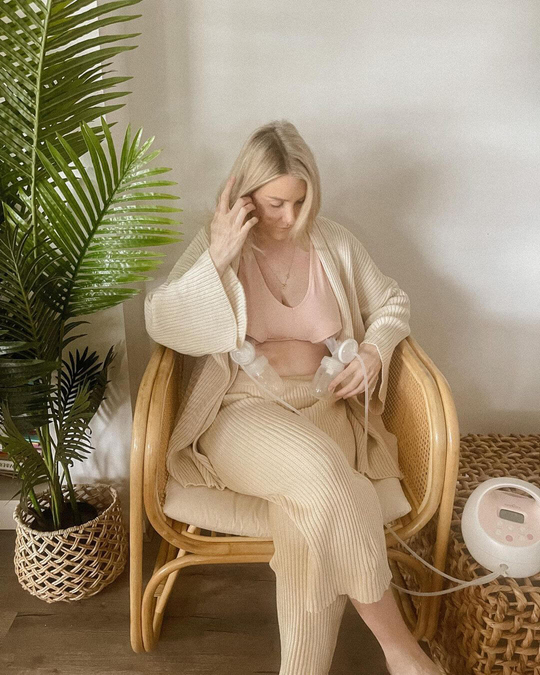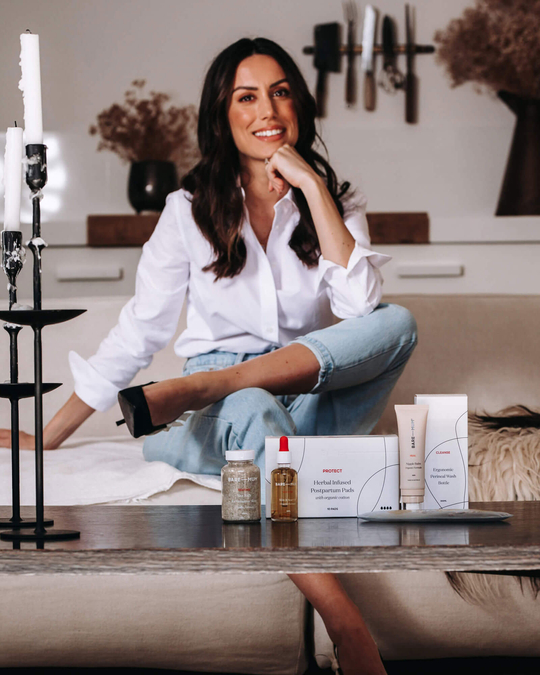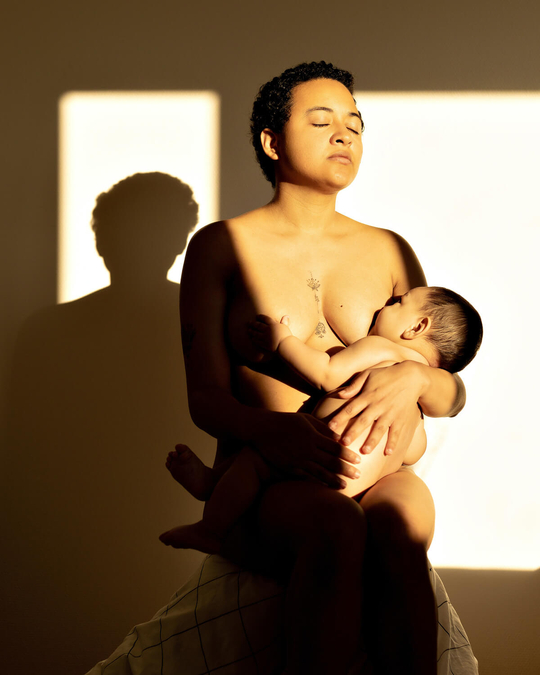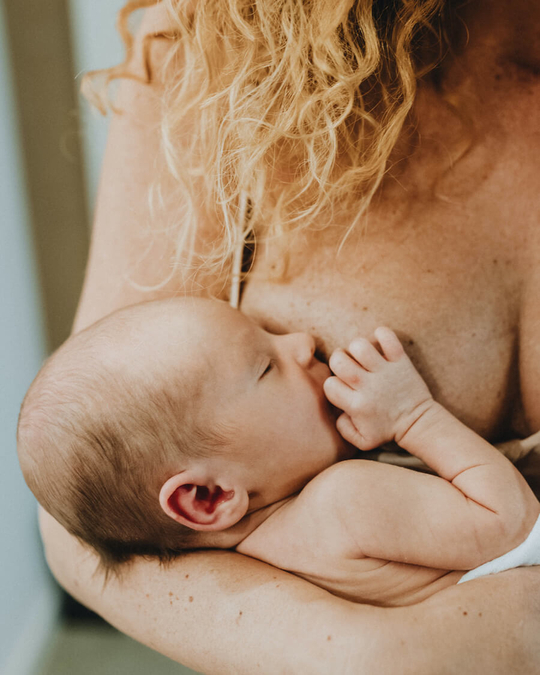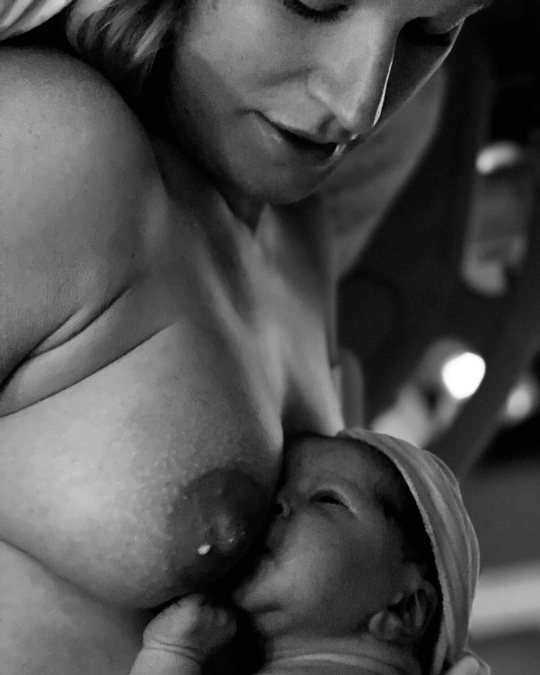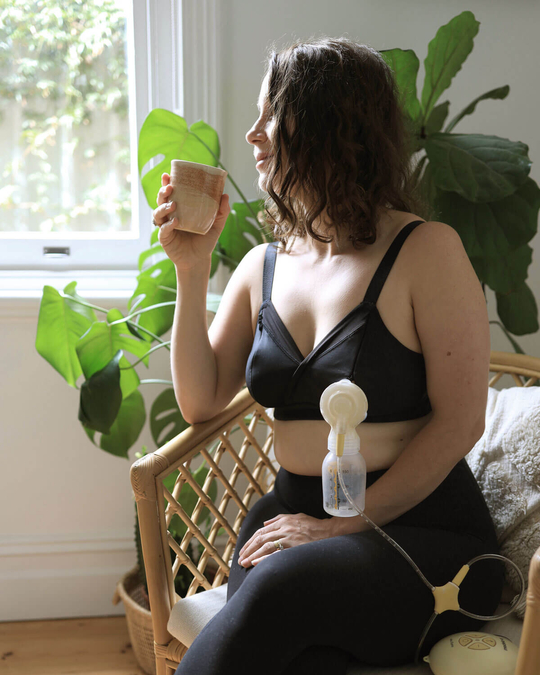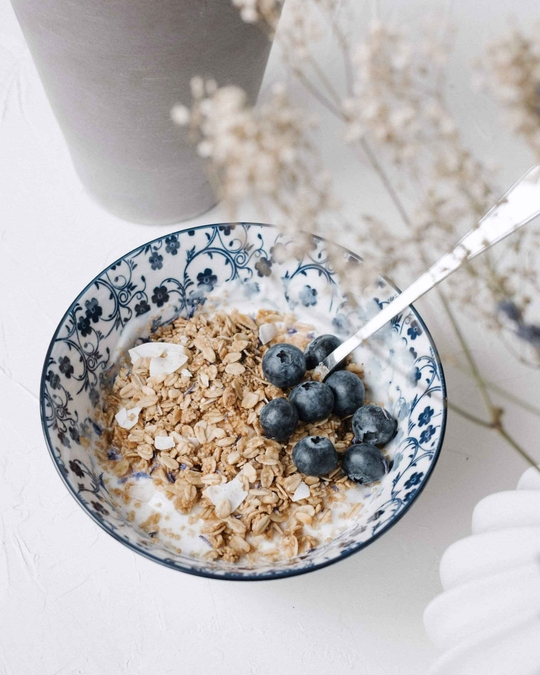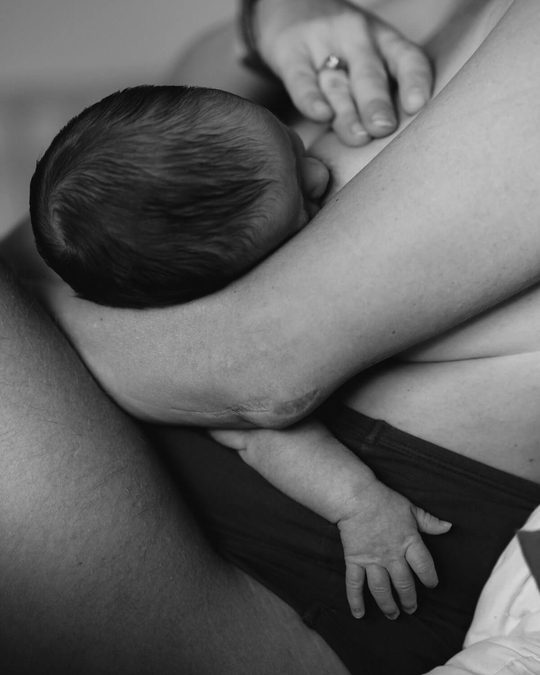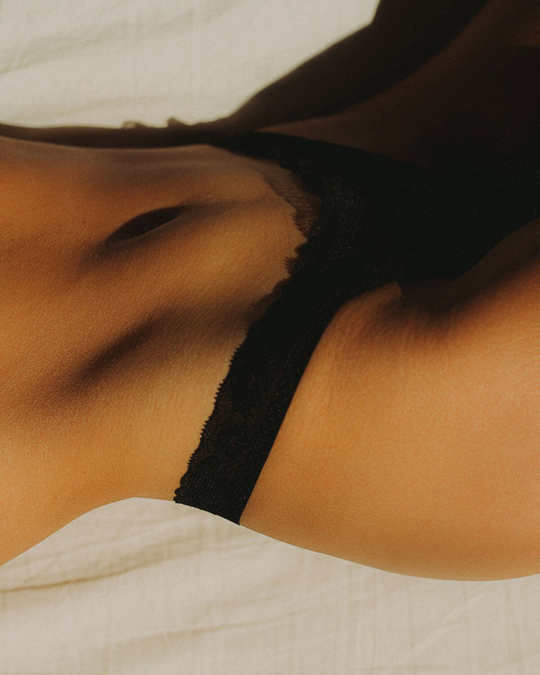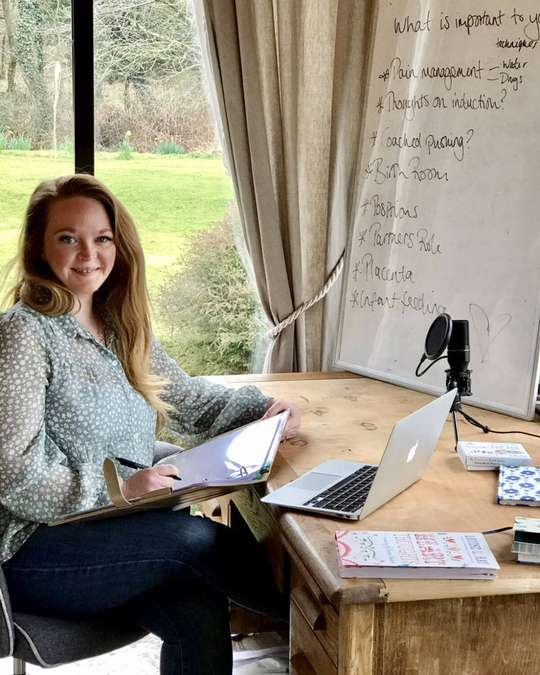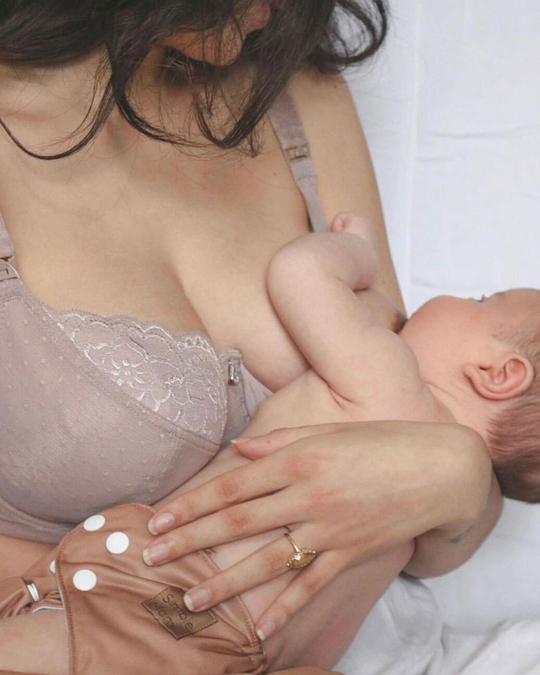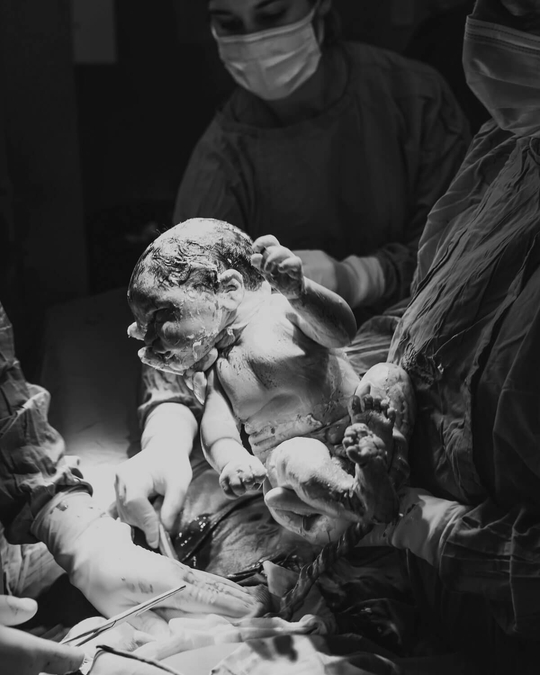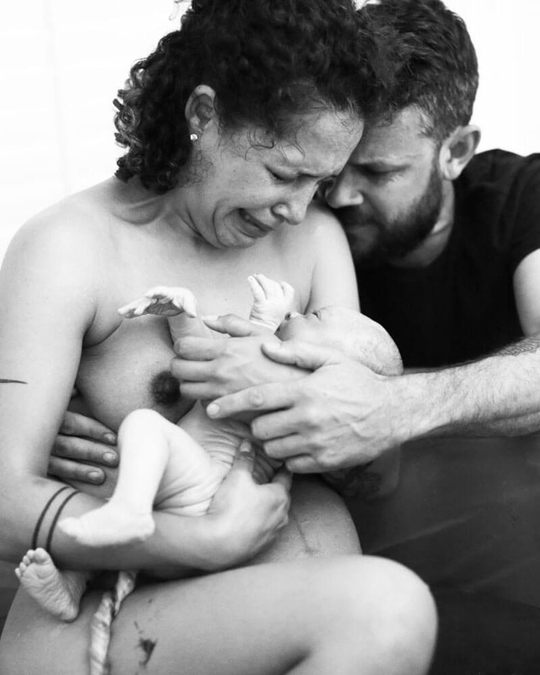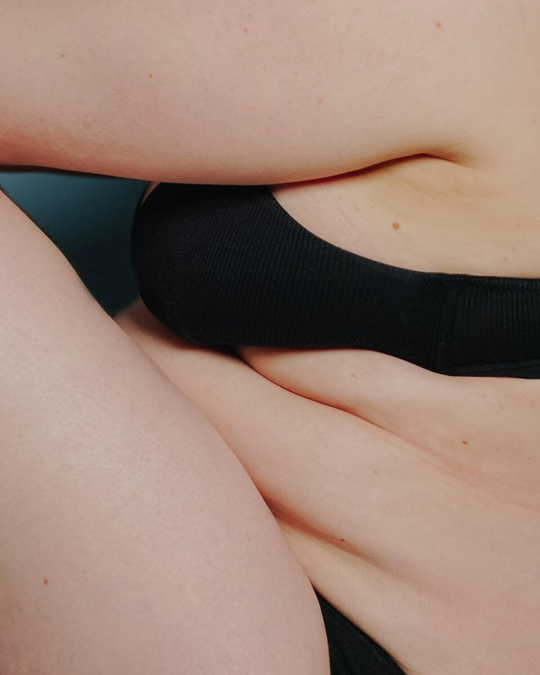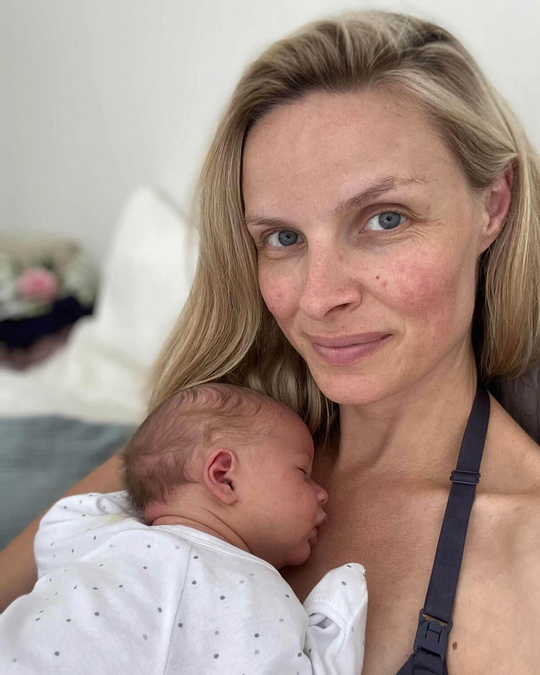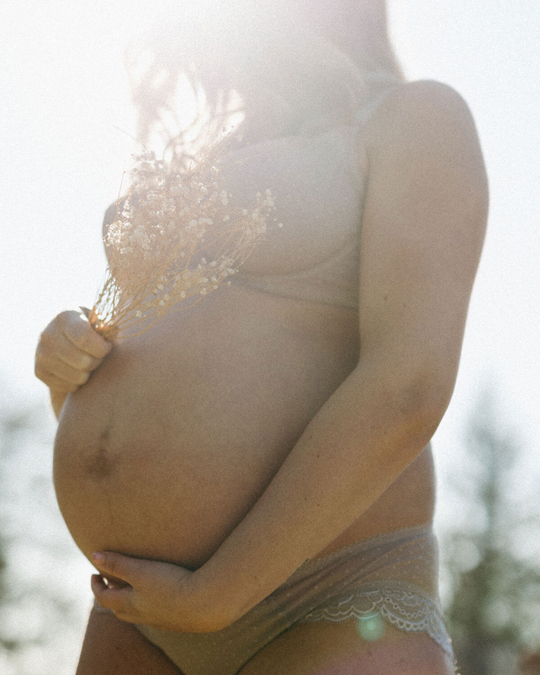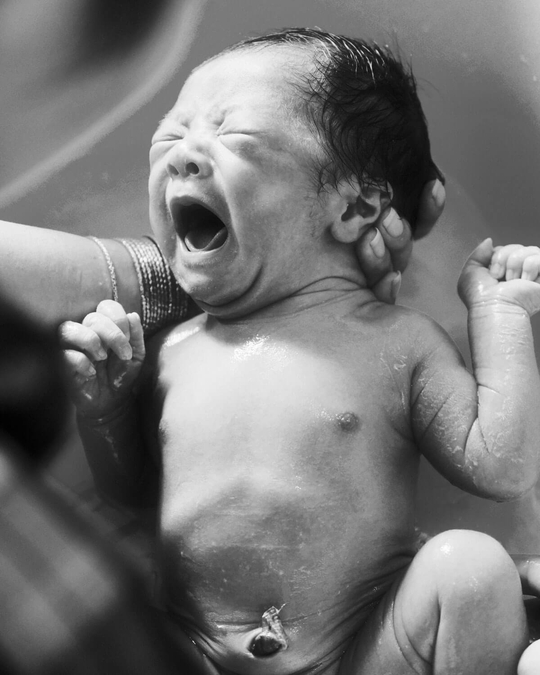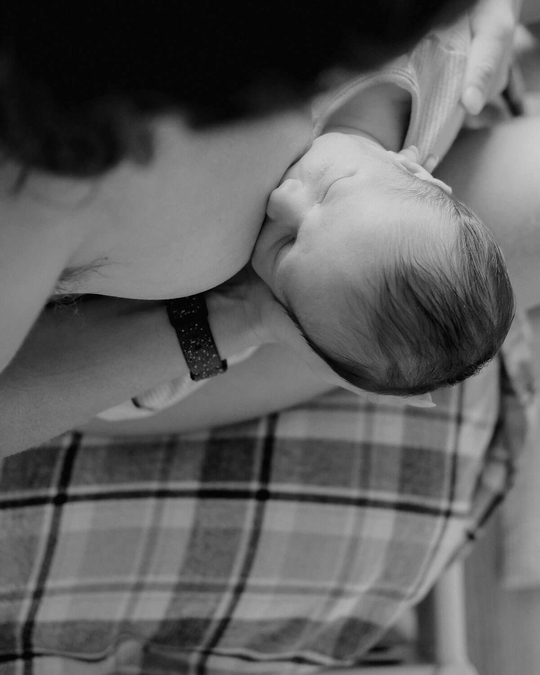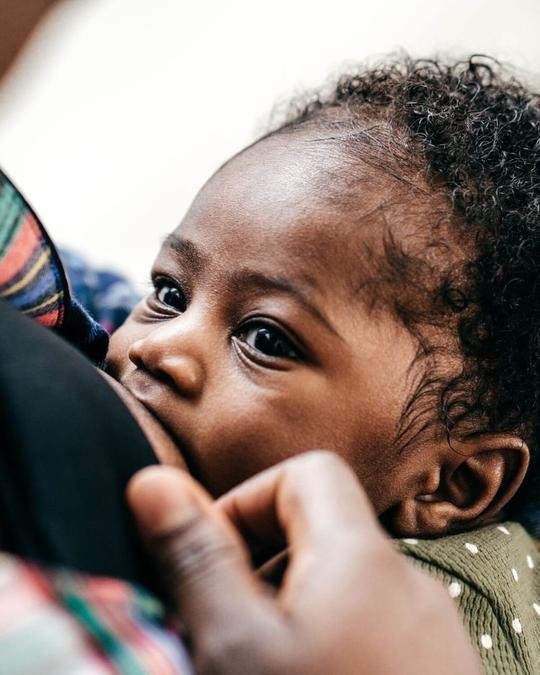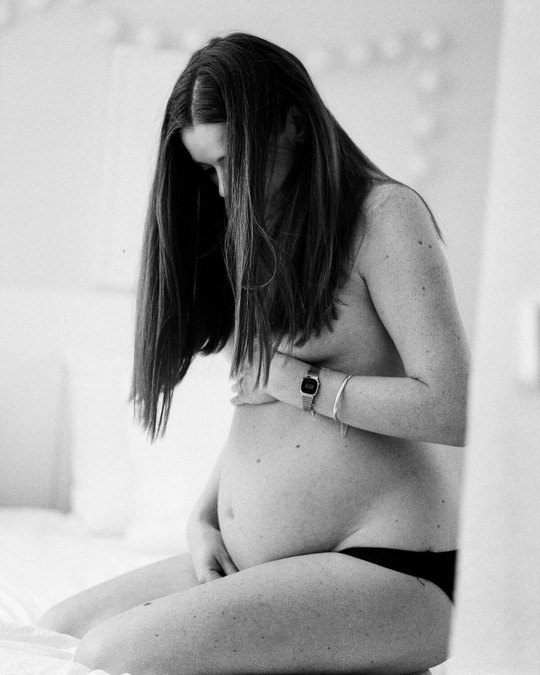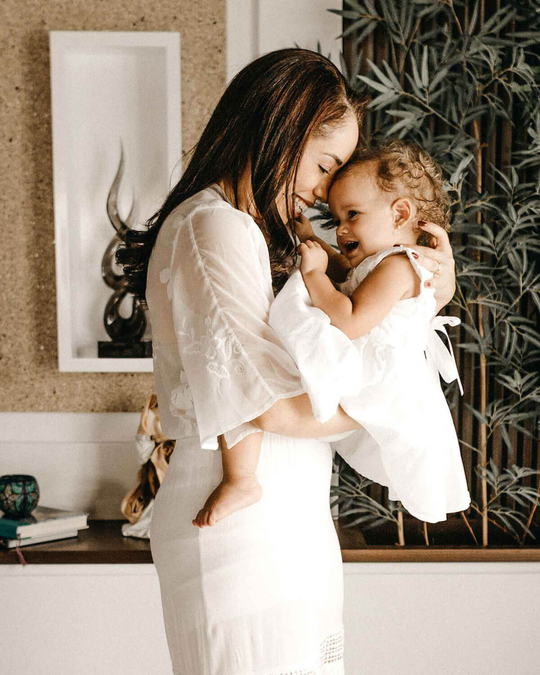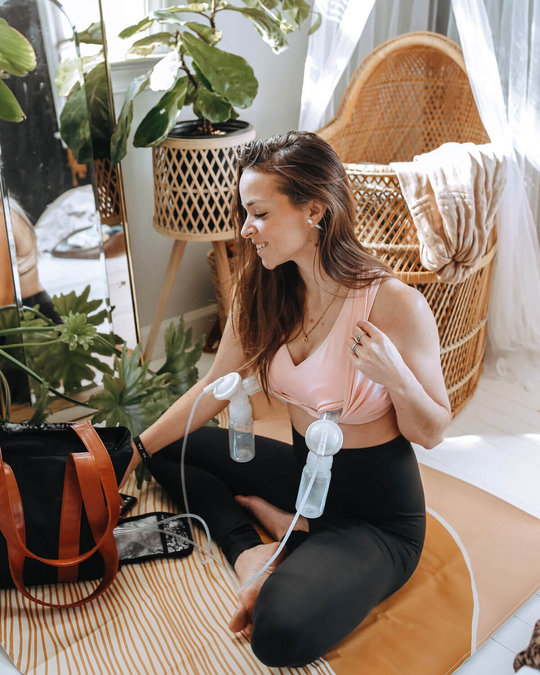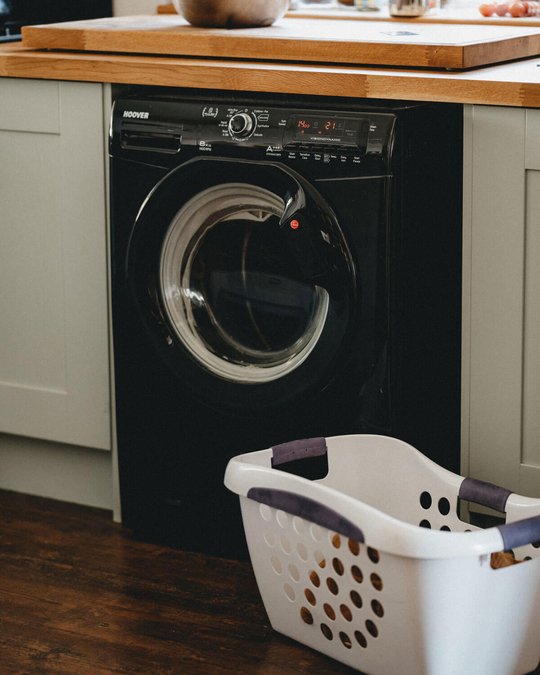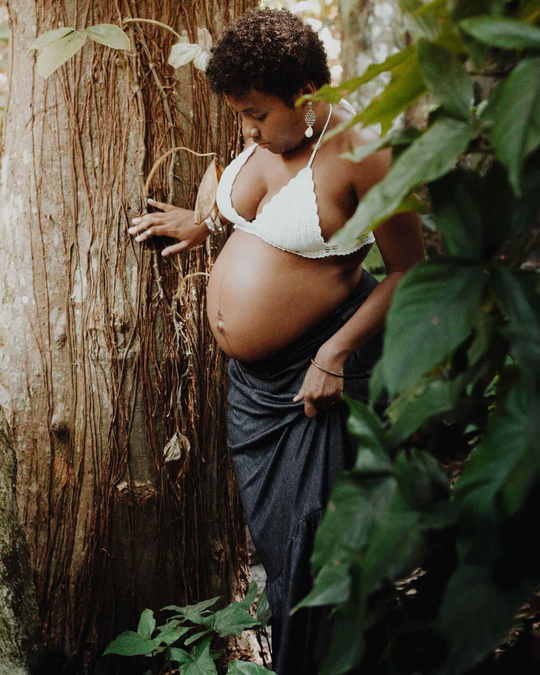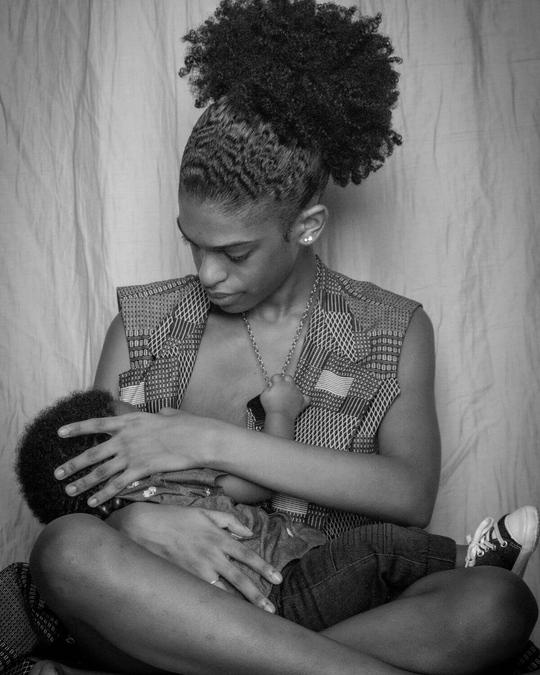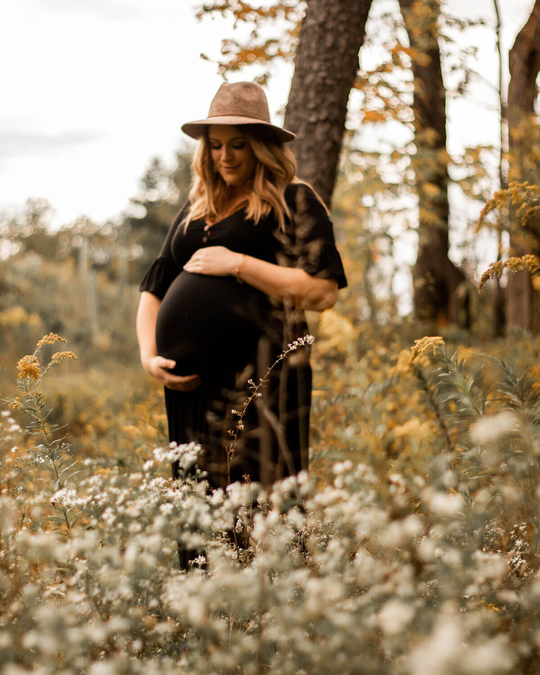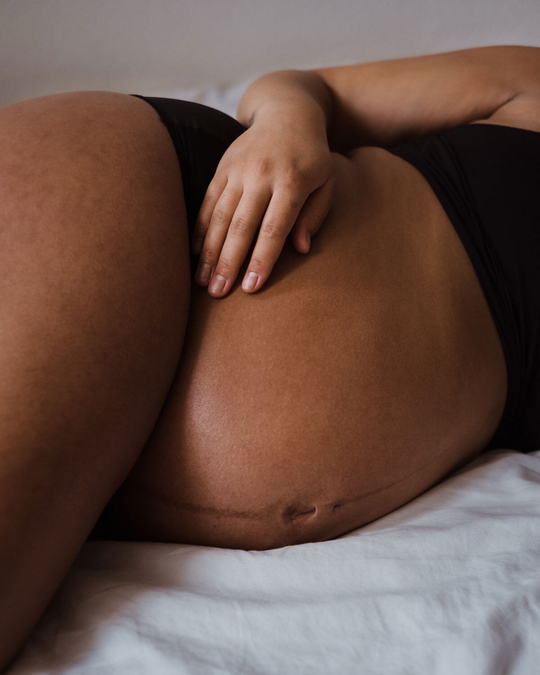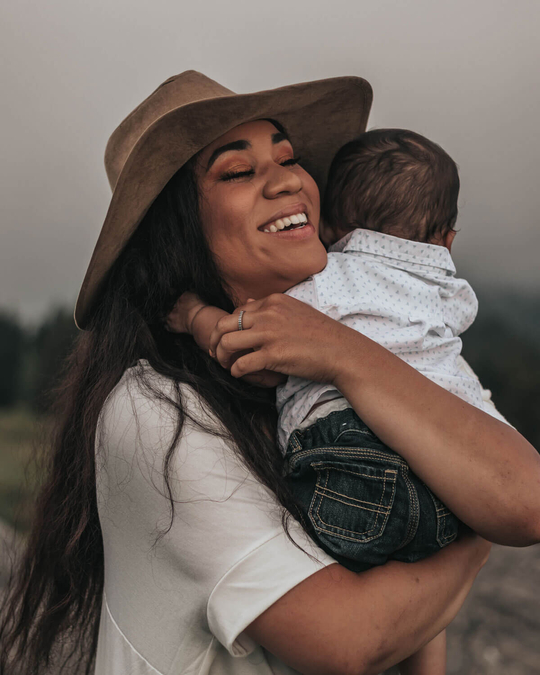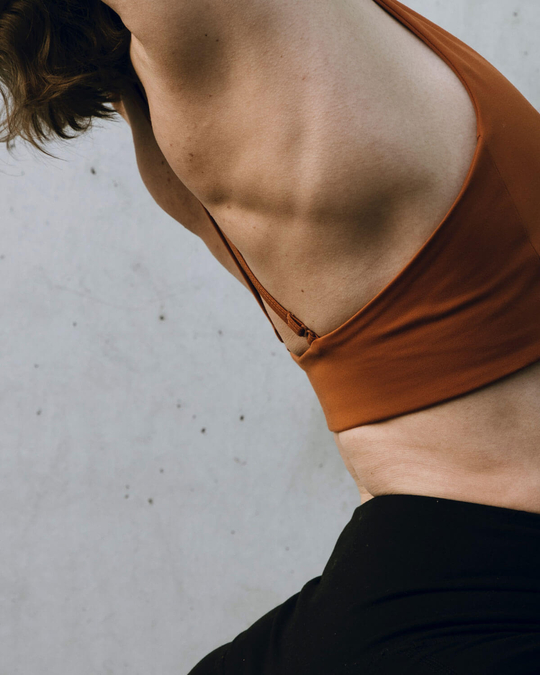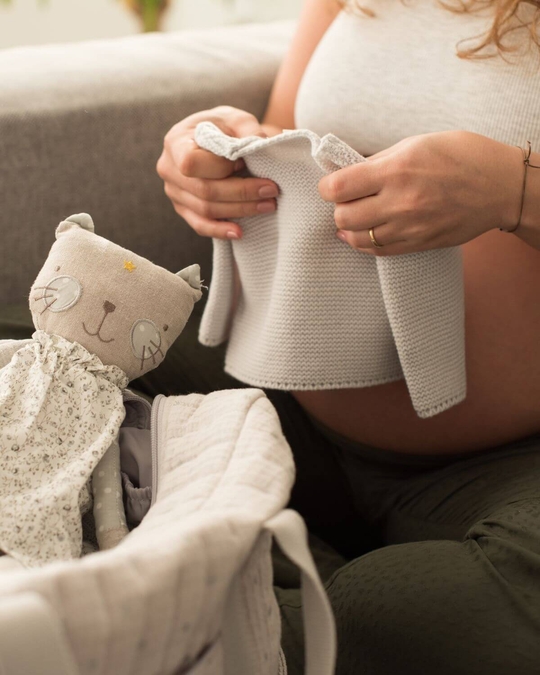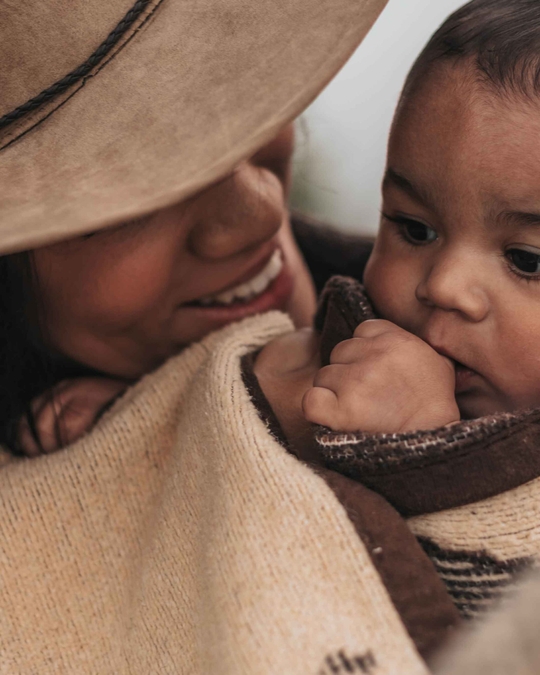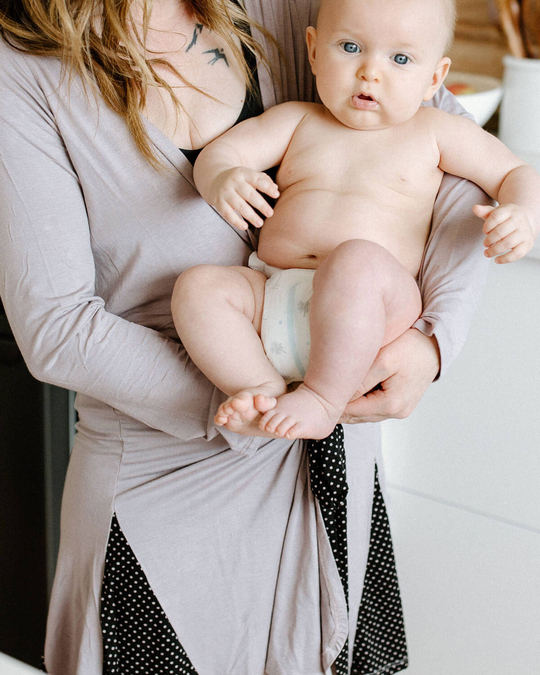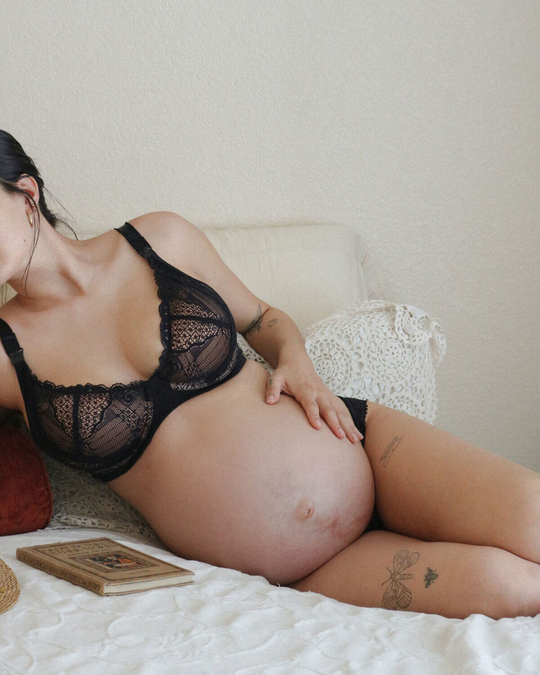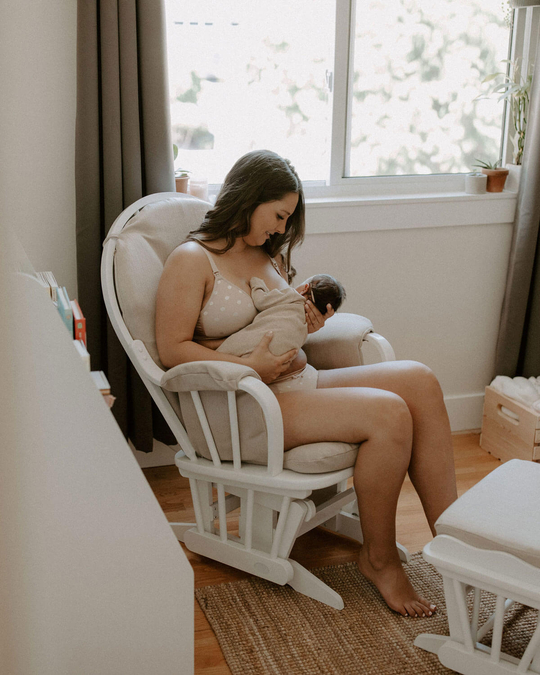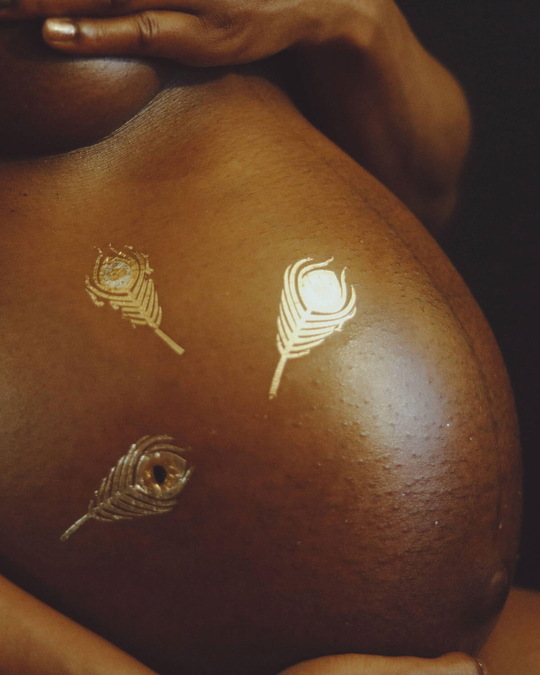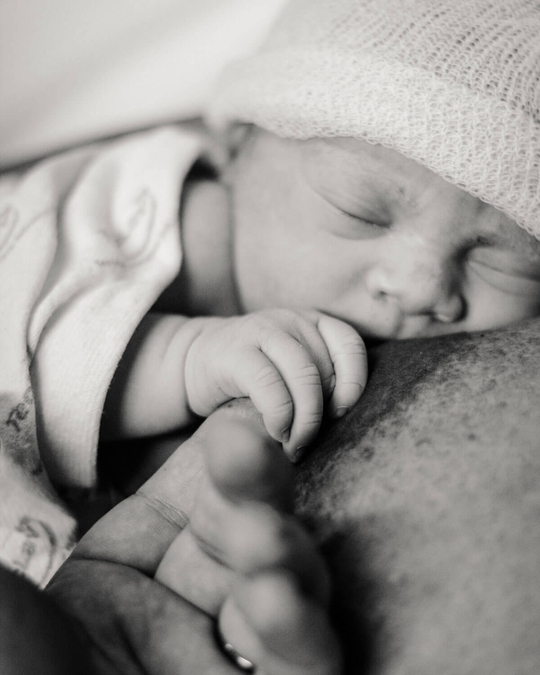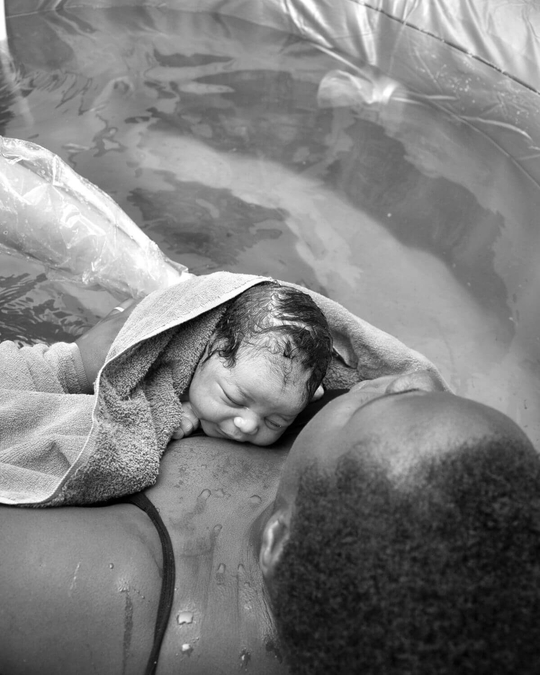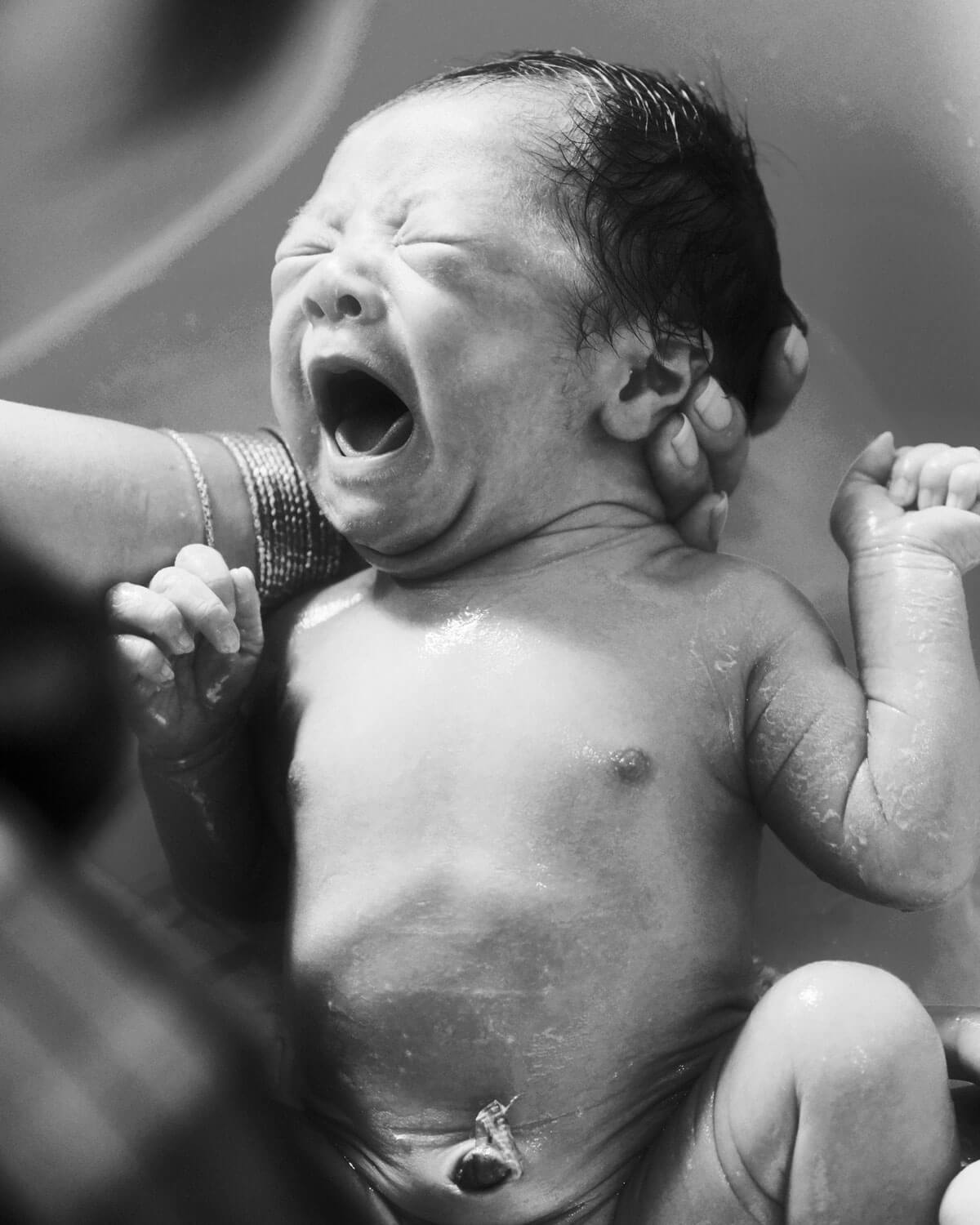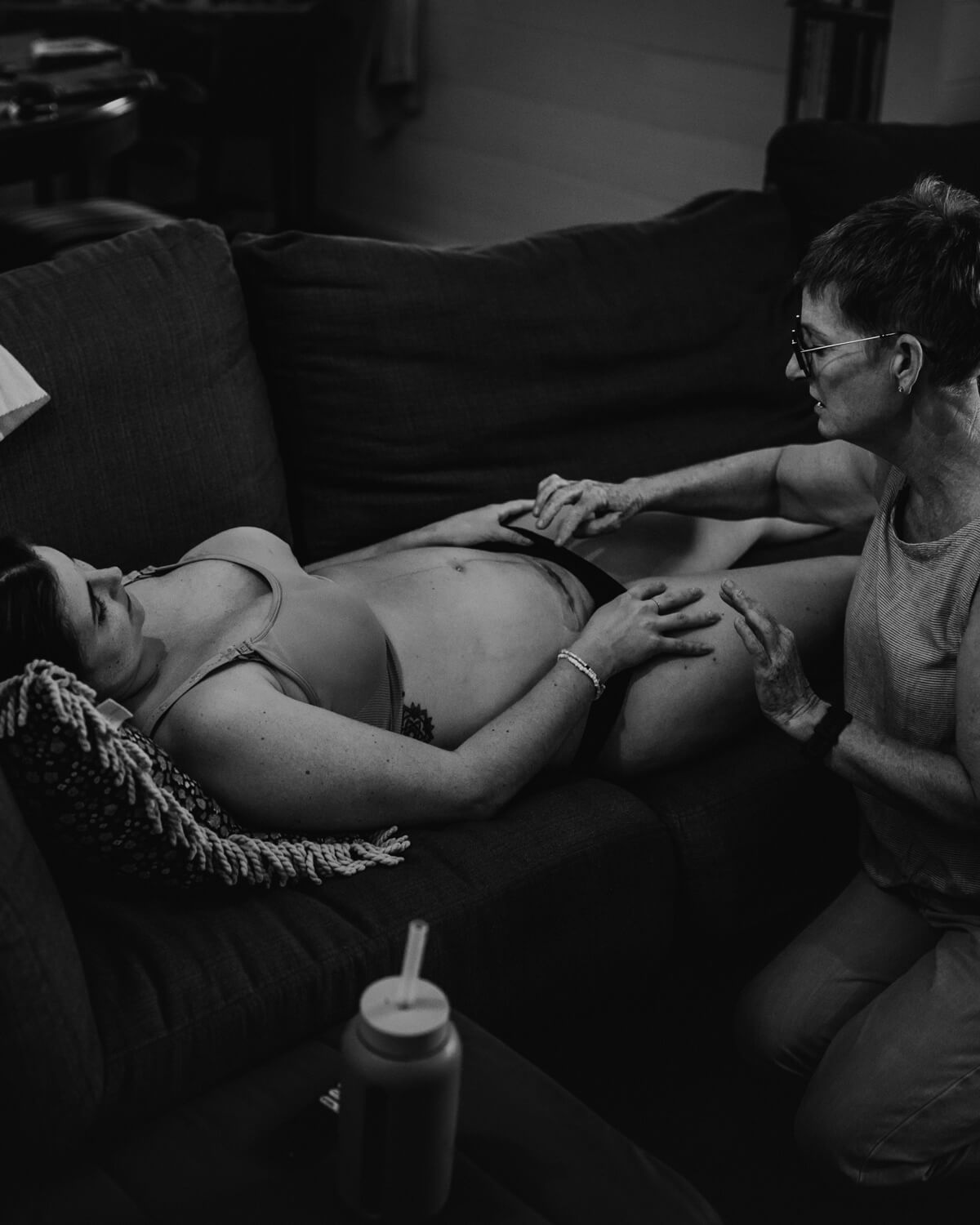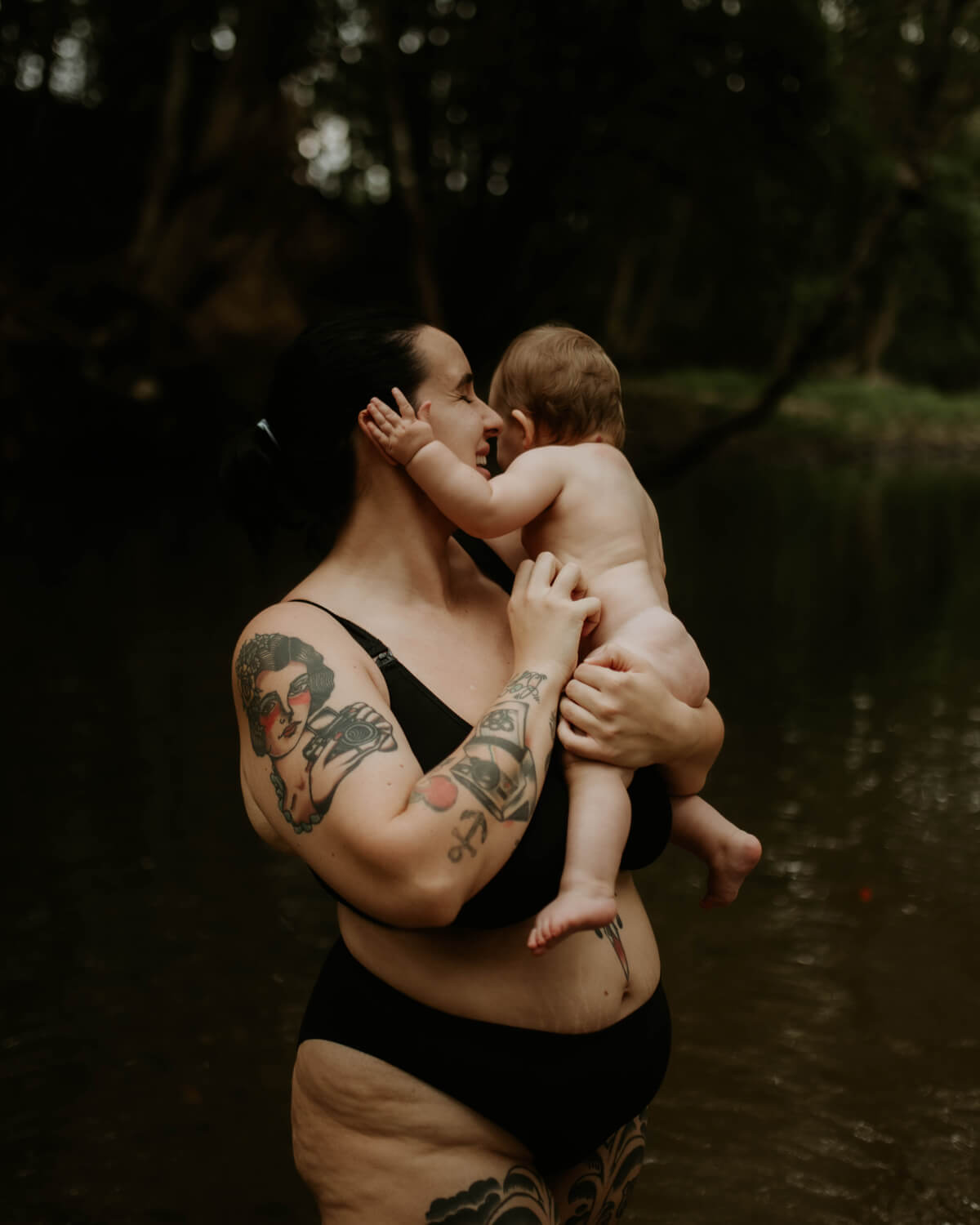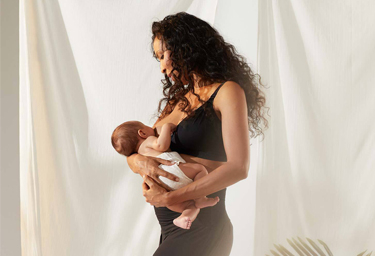A common misconception when it comes to breastfeeding is that it will be easy because it’s natural. This can often be far from the truth.
Although breastfeeding is natural, it does not come naturally to most new mums, whether it be your first baby or your fourth baby.
Let’s remember, your baby has never breastfed before, you are both learning together, getting to know each other for the first time and learning what each other feels comfortable with.
To establish a good breastfeeding relationship with your newborn, it is important to:
- Learn about breastfeeding before your baby is born
- Ask your care provider for information
- Attend breastfeeding classes that are conducted during the antenatal period
- Ask your friends and family about their experience
Remember, not everyone will have a positive story but don’t let their story become yours. Take the positive information and throw away the rest. Global Health Media have wonderful videos to assist you and your newborn to establish successful breastfeeding habits from birth.
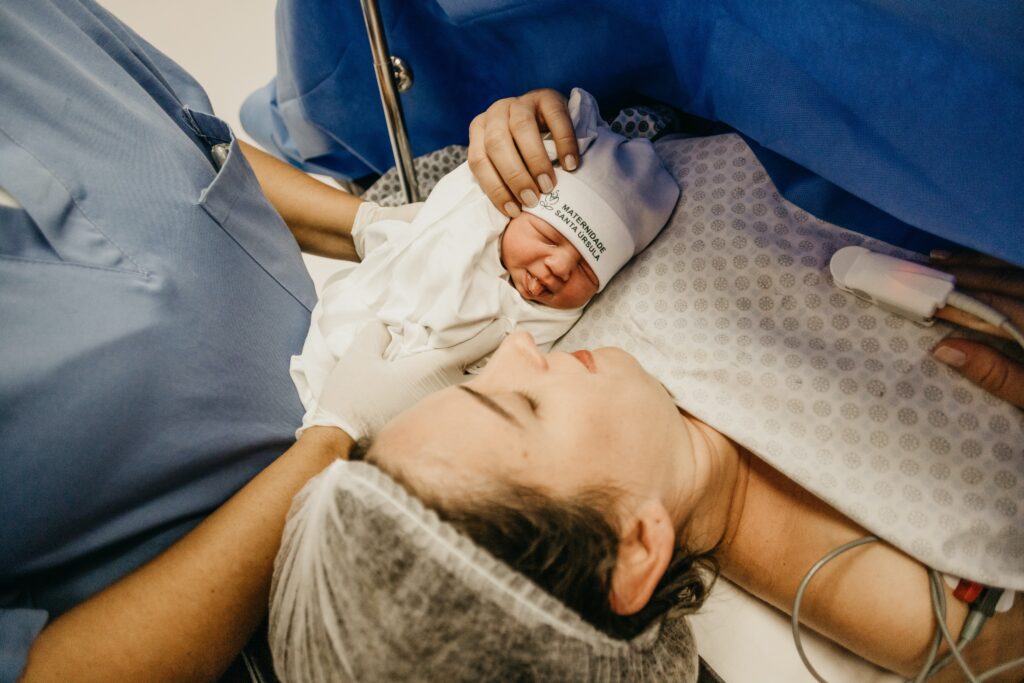
What is the fourth stage of labour?
The first hour or two after birth is referred to as the Fourth Stage of Labour. Your newborn baby should be placed skin to skin with you at birth, providing there are no medical concerns to indicate otherwise.
Skin to skin
This skin to skin contact allows your baby to establish a connection with you and begin the very important process of bonding and attachment.
Uninterrupted skin to skin time initiates a successful first breastfeed and it is also important in regulating your baby’s body temperature.
Having your baby suckle at the breast not only benefits your newborn, but also assists in the release of high levels of oxytocin which aids in the involution of the uterus and boosts the love you feel for your baby.
- Your baby should be left on your chest for at least one hour after birth or until after the first breastfeed is completed.
- The environment should be quiet and you and your baby should be undisturbed during this time.
- When your baby is placed on your chest, your baby should be dried all over except for her hands.

Did you know the amniotic fluid on your baby’s hands smells very similar to your areola, giving her the opportunity to find your nipple on her own via the breast crawl? Leave your baby to feed for as long as they want to, an uninterrupted first breastfeed is very important in establishing a successful breastfeeding relationship.
The first feed
The first breastfeed of colostrum initiates life long protection from acute and chronic disorders for your baby. This colostrum will last about 2-3 days and is all your baby needs in the first few days of life. It lines your baby’s gut and prepares it for the nutrients it will start to receive from your milk in the following days.
Colostrum is very important in protecting your baby’s immune system from microorganisms they’ll come in contact with in the environment and it is also abundant in antibodies and white cells which fight off disease.
Remember the four Ps when it comes to breastfeeding.
1. Prepare in the antenatal period
2. Patience with yourself and your baby
3. Persevere with breastfeeding
4. Practice
Do not put too many expectations on yourself and your baby, this is a learning experience that takes time. You will get there in the end and you will be glad you did.
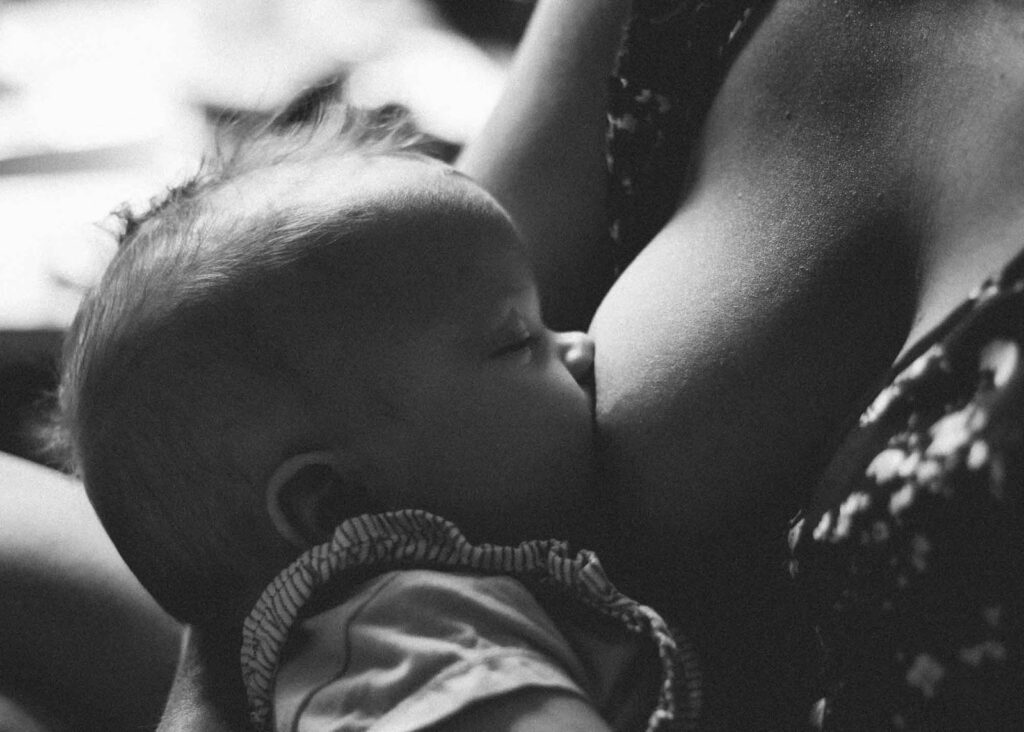
About the author:
Marney Atkins-Smith is an Australian Registered Midwife who obtained her Bachelor of Midwifery at Western Sydney University. Marney loves taking care of women throughout the perinatal period and has a passion for educating and empowering mums and dads throughout their postnatal experience, giving them the knowledge and information they need to become confident parents.
References:
Tutt, S. (2015). Planning to breastfeed? Prepare to succeed!
Global Health Media. (n.d.). Breastfeeding in the first hours [Video file]
World Health Organisation. (2009). Infant and young child feeding: Model chapter for textbooks for medical students and allied health professionals. Geneva, Switzerland: WHO publications.
—
Disclaimer: Cake does not provide medical advice, diagnosis, or treatment. Any information published on this website or by this brand is not intended as a substitute for medical advice, and you should not take any action before consulting with a healthcare professional.
LIKE WHAT YOU READ?
Join CakeMama Club & get 10% OFF your first order!
Plus you’ll get tips + tricks for pregnancy, postpartum & breastfeeding, get member-only offers, earn CakeCoins every time you shop + more. Learn more







